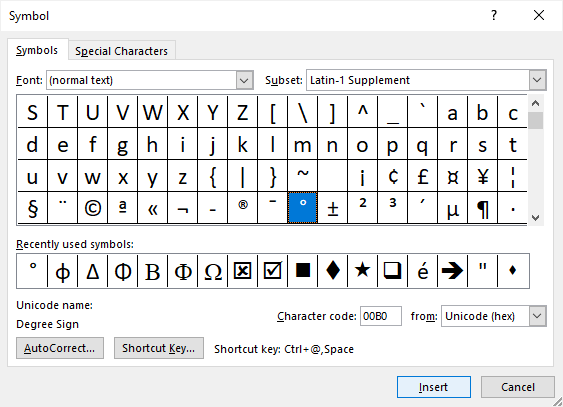The septic tank of yours and leach field are really pretty efficient waste disposal methods and, if properly used and maintained, will be less expensive compared to city sewage and water service. Nevertheless, if an issue occurs either with the tank or perhaps the leach field, repairs most likely will involve excavation and incur a significant expense.
We do not want the clients of ours with septic tanks to have to experience that kind of plumbing emergency, so we’re providing five tips that are important to keep their systems running properly and staying away from the most common causes of septic tank system failure.
Five Tips to Stay away from Costly Septic Tank Repair
Bear in mind what you’re flushing down to the septic tank. The solids you send to the septic tank are actually attacked by naturally occurring bacteria, which decompose the material and allow them to be delivered to the leach field. Rubber ducks, along with other foreign objects, are actually impervious to the bacteria. Other common clog-causing items include diapers, baby wipes, cigarette butts, paper towels, cooking grease, and coffee grounds. Many of these things will eventually decompose, but in the meantime, they’re taking up space in the tank, which means it is very likely you will have to have it pumped clean before its time.
Stay away from excessive flushing of chemicals and salts. Everyday chemicals included in laundry detergents, mild cleaning solutions, and dishwashing soap are not a concern for the septic system of yours. Harsh chemicals as solvents will disrupt the active bacteria and dispose of them at your local hazardous waste facility. If you have a water softener that malfunctions, you might be dumping in an inordinate amount of salt. Liquid waste loaded with salt can dry up the dirt in the leach field, reducing its ability to process the wastewater.
Time the water consumption of yours. Because they have a fixed volume capacity, septic tanks are actually susceptible to hydraulic overload. This means that water is actually coming in faster than it may be leached out. Time the showers of yours, and do not run the clothes washer and dishwasher simultaneously. If the tank fills up, there’s nowhere for the wastewater to go but back up the drain.
Put trash in the garbage, not down the drain. Natural material as potato peelings, meat, scraps, bones, etc. has to go out with the garbage as garbage. You might want to get strainers for the drains in your kitchen sinks to prevent scraps from going to the tank when rinsing utensils and plates.
Have your system professionally inspected once a year. A professional licensed Fort Lauderdale plumber should inspect the tank of your and leach field annually. An inspection is going to measure the scum, liquid effluent, and sludge levels in the tank. The sludge level, that waste that hasn’t decomposed, determines when the tank has to be pumped empty. An inspection will also check for damage in the leaching system as well as clogged pipes.
Click here for quality Septic Tank Inspections.

 Unveiling the Artistry of Riddim DJs: Architects of Sonic Innovation
Unveiling the Artistry of Riddim DJs: Architects of Sonic Innovation  ماكينات عد الفلوس: تحسين فعالية إدارة الأموال
ماكينات عد الفلوس: تحسين فعالية إدارة الأموال  A Deep Dive into Google Flights
A Deep Dive into Google Flights  Navigating the World of Making Money Online: Insights from the Make Money Online Reddit Community
Navigating the World of Making Money Online: Insights from the Make Money Online Reddit Community 


